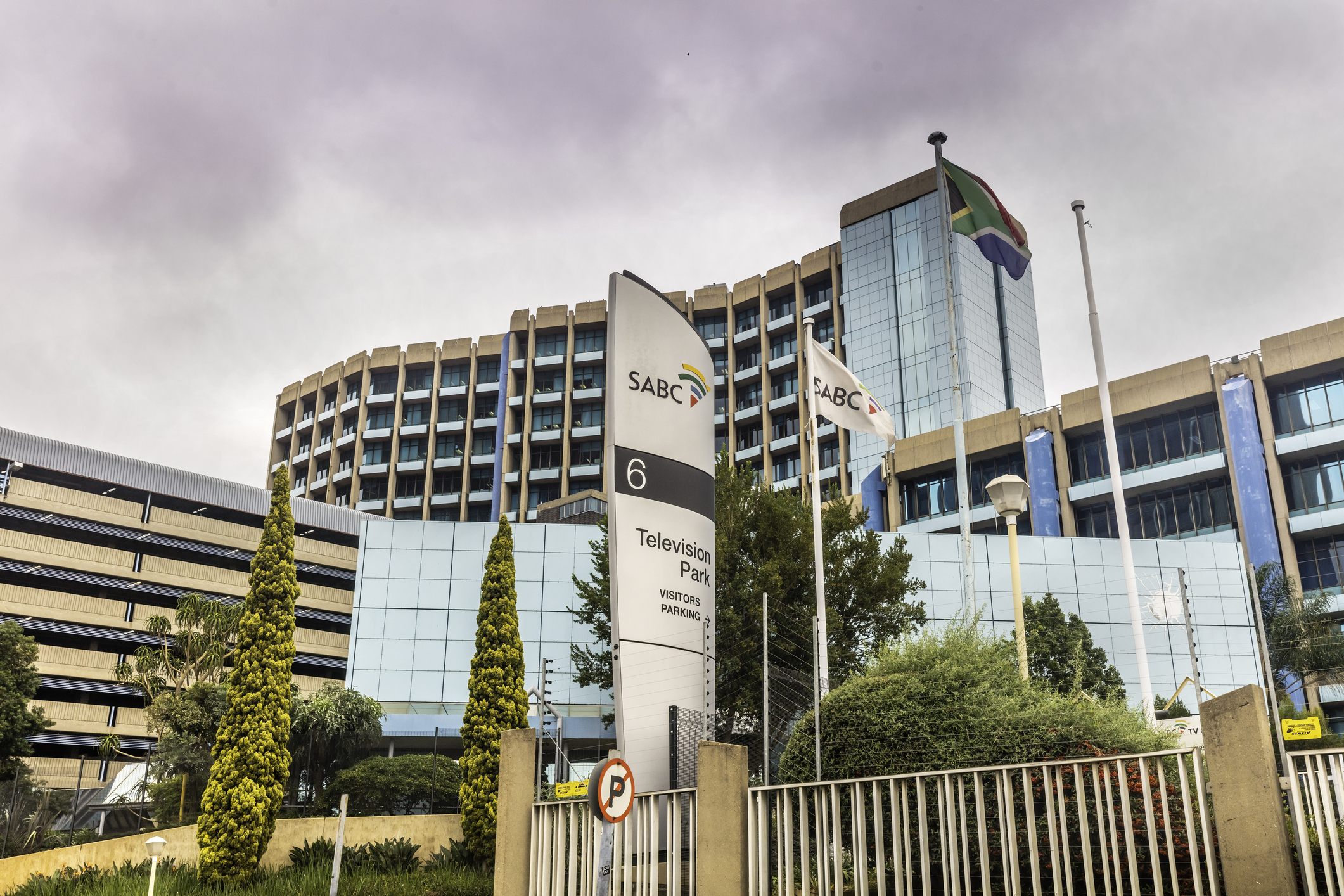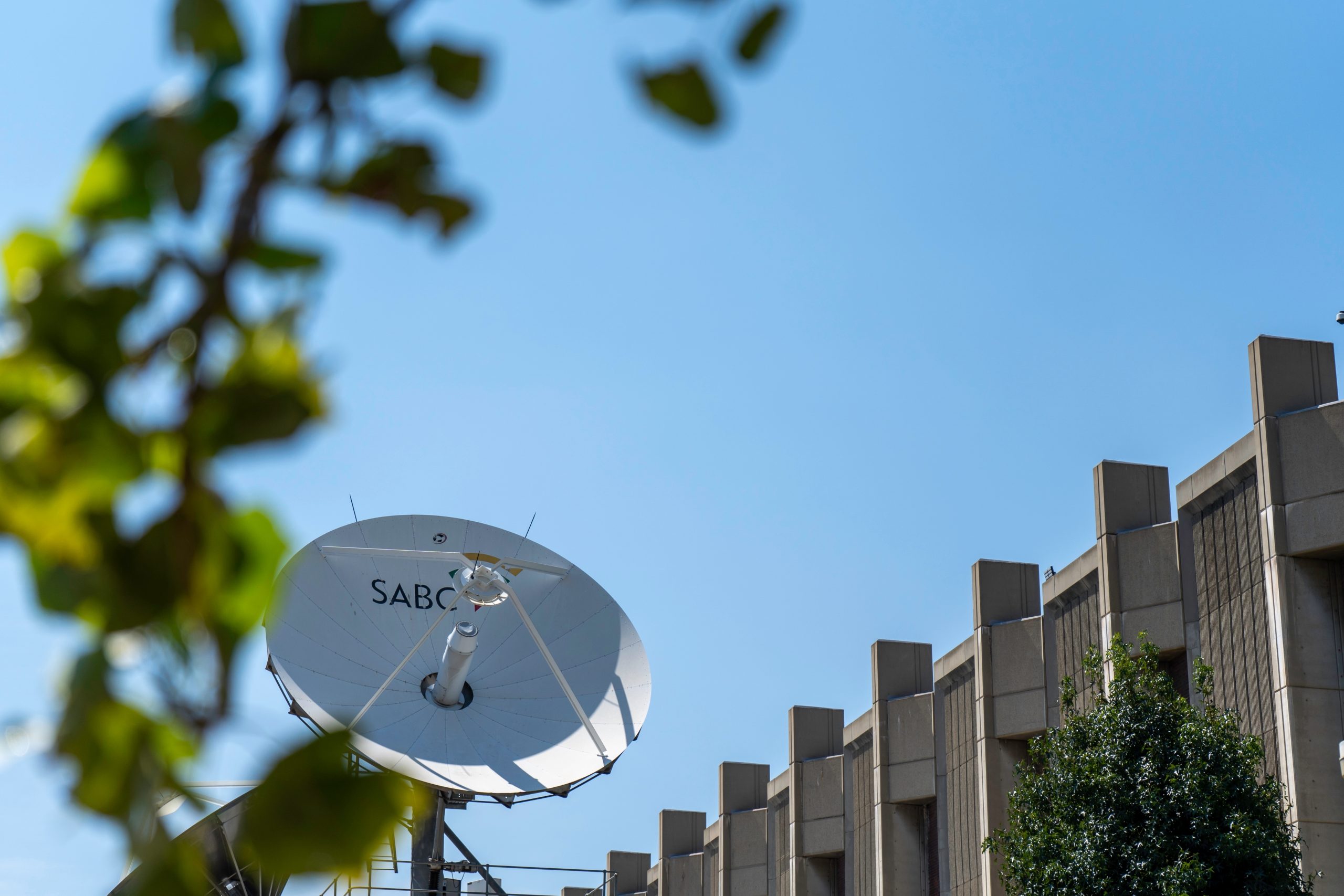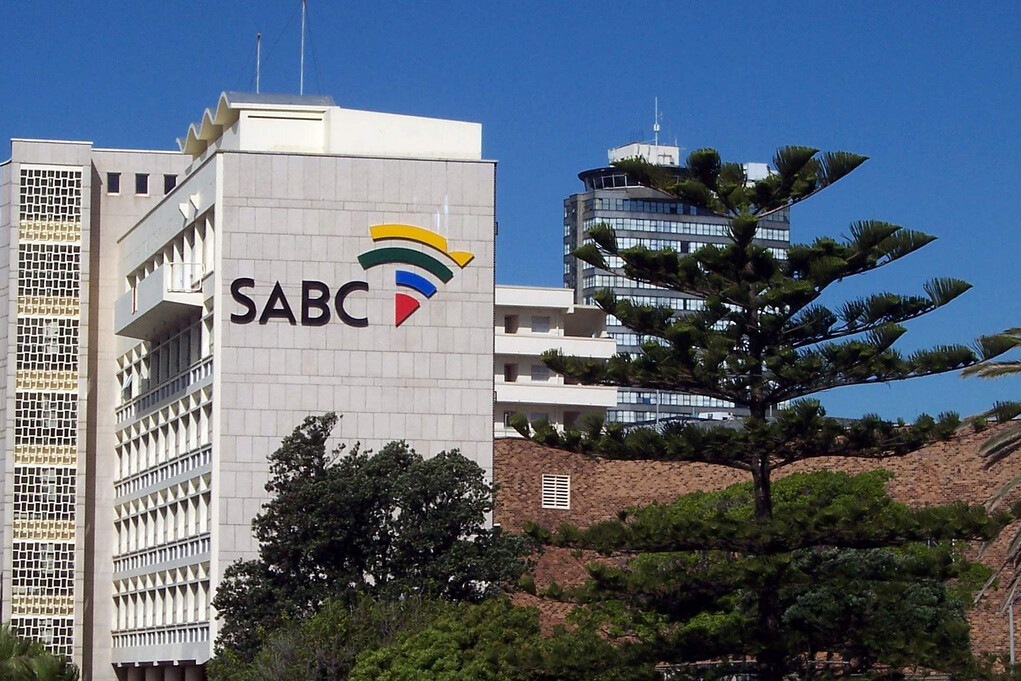SABC facing a financial crisis
14th July 2023
The South African Broadcasting Corporation (SABC) is facing a financial crisis as it battles to escape liquidation and is on the verge of corporate rescue, according to its Chief Financial Officer, Yolande van Biljon.

By Sidra Asif
The company is expected to report an R1 billion deficit for the fiscal year that ended in March 2023. According to the SABC, load shedding, the current economic slowdown, a high rate of licence fee evasion, and the analogue switch-off are the main causes of its financial difficulties.
Ms. Yolande accepted the position of CFO in 2018 with a desire to improve SABC’s financial stability. While describing her first two years in the organization Ms. Yolande in an interview indicated that “The current business model is outdated. We are about ten years behind when it comes to digital transformation.”
SABC financial standing since 2019
For some time, the broadcaster has been on the verge of a financial crisis. The government stepped in with a R3.2 billion bailout in 2019 and the funds enabled the broadcaster to pay its outstanding bills and initiate its Turnaround Strategy. To comply with the National Treasury’s Bailout Preconditions, SABC launched its ‘Target Operating Model’aimed to meet long-term financial sustainability.
Despite all the commotion, SABC has always asserted that it is generating revenue and has plans to address its financial and operational challenges.
The national broadcaster has reportedly since 2017 tried to alter the National Broadcasting Act to change the TV license fee, and instead charge for every device like tablets, smartphone, or monitors. Discussions between the public broadcaster and the government began in 2021 about the TV license amnesty plan to clear billions of debts.
The Minister of the Department of Communications and Digital Technologies (DCDT), Mondli Gungubele, said there are currently 9.2 million account holders who have outstanding balances for their TV Licences, valued at R44.2 billion.
The SABC’s transition to a new collecting mechanism, which aspires to concentrate on a general fee rather than individual licenses, could be facilitated by an amnesty. In this manner, the new tax would be paid by everyone who owns a smartphone, laptop, tablet, monitor, or TV, and SABC would use this opportunity to strengthen its financial position. However, the new levy has only reached the proposal stage and still requires legislative amendments to become a reality.
Read more: SABC license fee set to be scrapped
Subscribe toour newsletter
Keep updated with the latest public
media news from around the world
SABC on “autopilot”
According to a news24 story from 11 July, the SABC is operating on autopilot as it once again heads towards “day zero,” when it won’t be able to pay employees’ salaries. According to reports, the SABC might end up being liquidated in a similar manner to the state-owned Post Office.
According to news24, Ms. Yolande said a business rescue is “going to become a very real consideration unless other sources of funding or support are identified and confirmed as a matter of urgency in the medium to longer-term”.
Since the new board was chosen by the president after a six-month wait, the organisation’s board has been in place for three months now.
In a recent SABC News report, the Broadcasting, Electronic, Media, and Allied Workers Union (Bemawu) plans to request a meeting with the recently appointed board of SABC. Bemawu’s president, Hannes du Buisson said, “It is of concern that the SABC is once again in this situation. We are seeking an urgent meeting with the board to have clarity on this process. We believe that it is not an official SABC position at this point in time to go for business rescue, but that information comes from a letter that has been sent from the CFO to the Chairperson of the board in June.”
The PMA has been closely monitoring the SABC’s updates in the past and is still apprehensive regarding the national broadcaster’s financial struggles. These financial struggles have not been helped by disruption, brought about by the more than 6 months when the broadcaster did not have a functioning board. It is distressing to see a nationwide broadcaster so financially strained, and it will be impacting the many staff there. It is essential that public media companies safeguard their financial independence if they are to remain viable and gain the public’s trust.
Related Posts
24th January 2023
SABC indigenous language news channel to be launched
SABC plans to improve news provision…

